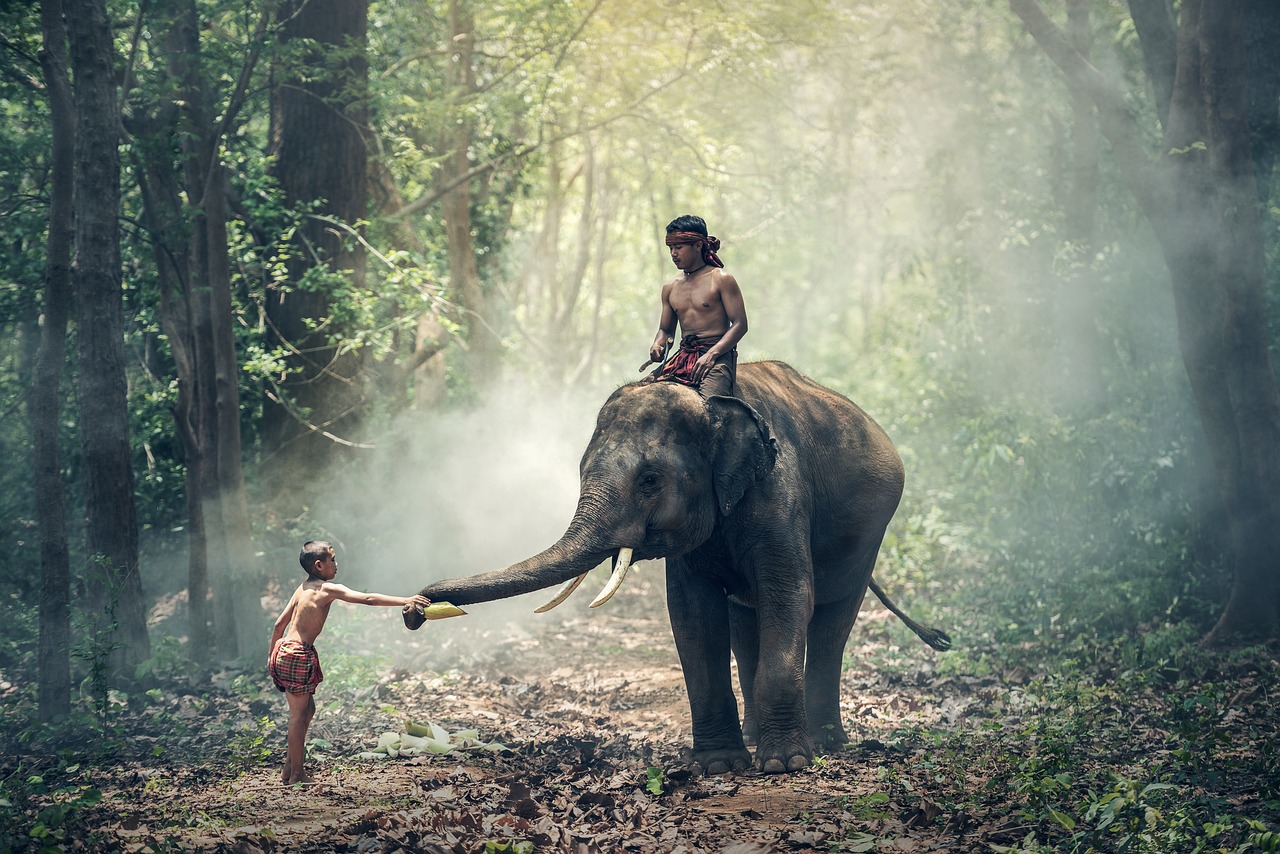News release
From:
Asian elephant calf physiology and mahout perspectives during taming in Myanmar
Royal Society Open Science
A quarter of Asian elephants are captive, requiring taming for the safety of those involved. Although taming is a much-discussed welfare topic, it has never been studied. We collected data from 41 calves undergoing taming in Myanmar to monitor five measures of physiological stress over the first six months of their taming. We found evidence of acute stress during the first few days, though most of these measures stabilised after 7-10 days, with limited evidence of chronically sustained stress. Interviews with handlers involved in taming, found they had concerns for their safety when discussing the possibility of changing taming practices.
- Elephant taming and stress – The taming of wild elephant calves significantly increases their stress levels, which may have implications for their physical health. Measures of stress were monitored as elephant calves underwent taming in Myanmar. Although most indicators of elevated stress levels only lasted 10 days, some were still high up to two months later. This is the first study to monitor impact of the taming process on elephant calves, and future studies are needed to assess the long-term effects. Royal Society Open Science



 International
International



